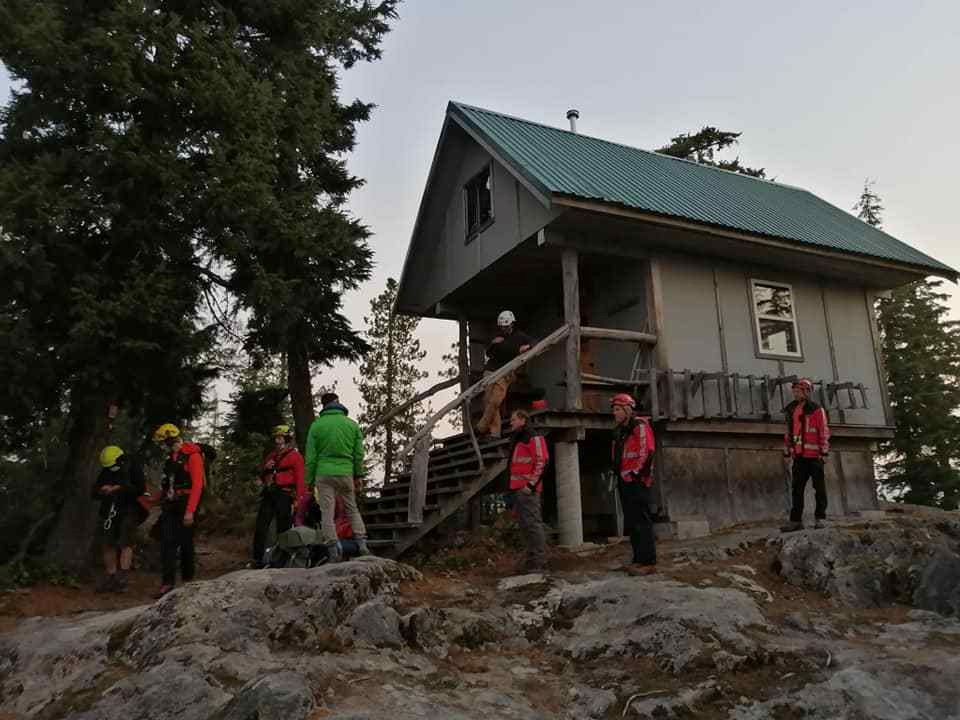Hiking the Sunshine Coast Trail is a popular challenge for many, but with hot, dry weather, finding water on the trail might not be easy.
On Wednesday, August 27, Powell River Search and Rescue (PRSAR) received a call around 10 am from a dehydrated hiker near Fiddlehead Landing Hut, located on the south shore of Powell Lake across from Goat Island, about 600 metres east of Dago Point.
Chad Honey, a PRSAR volunteer said the rescue was a pretty easy one with just three members going out into the field and three backing them up.
"He was just tired and exhausted and hadn't found any water in the last couple days," said Honey. "Hot, dry conditions, for sure, contributed to it."
The spot where the rescue took place is a popular spot for campers, with an access road, so the PRSAR team was able to take a vehicle out to reach the thirsty hiker.
"At this time of year, there's sections of that trail where there's quite a distance between water sources," said Honey. "I would say the biggest takeaway is make sure you go prepared and to carry enough water to get you from the different points where you'll find water."
The hiker used the SOS emergency call service most iPhones have available to use; no cell service is needed to send out a call.
"We assessed him, got him some fluids and some electrolytes, and then drove him back to town and dropped him off at the hospital, where they gave him some more fluids and got him rejuvenated," said Honey. "I believe he had been out there for a few days."
Honey said everything worked the way it should in regard to the hiker realizing he needed help, and having a device on hand to send out an emergency call.
"We got the call pretty quick and deployed a team really quickly," said Honey. "Everything worked well and we got to use our new repeater system."
Search and rescue teams across BC use repeater systems, which are a combination of a radio receiver and a radio transmitter that receives a signal and retransmits it, so two-way radio signals can cover longer distances.
"We have a few different systems in place now; our trucks have Starlink to track our team's real time, even if there isn't cell phone reception," said Honey. "We also have a new repeater on Goat Island; that gives us more coverage for our radio communications, and it seems to be working out very nicely. Before we wouldn't have any communication with our teams out there, and now we can."
Join the Peak’s email list for the top headlines right in your inbox Monday to Friday.




